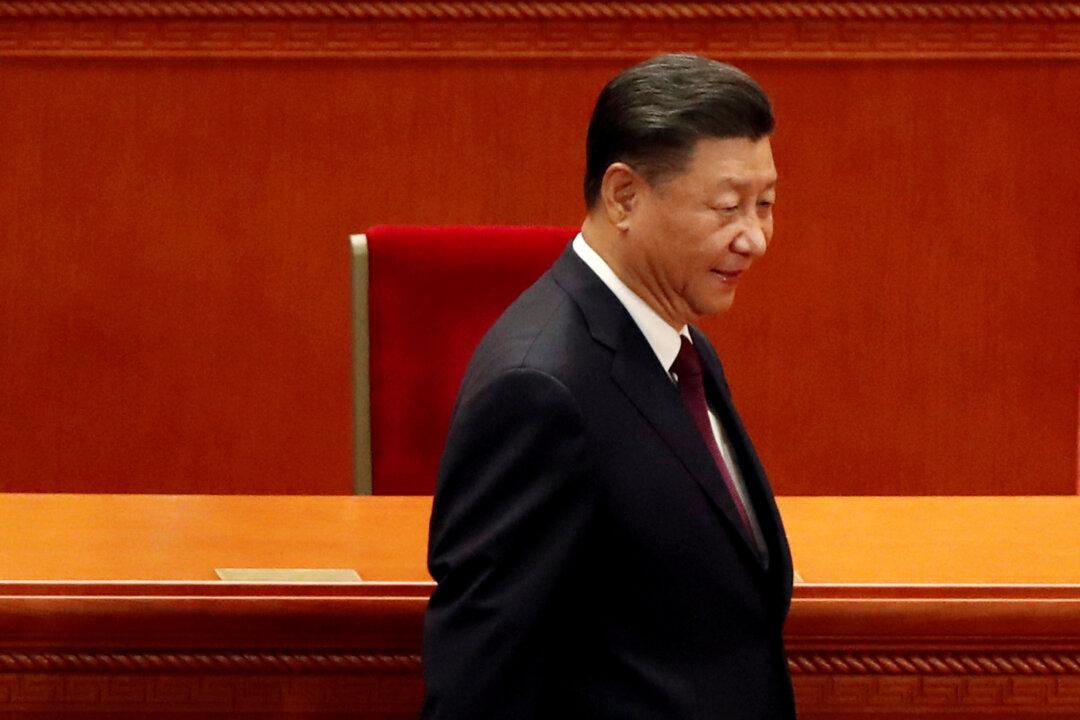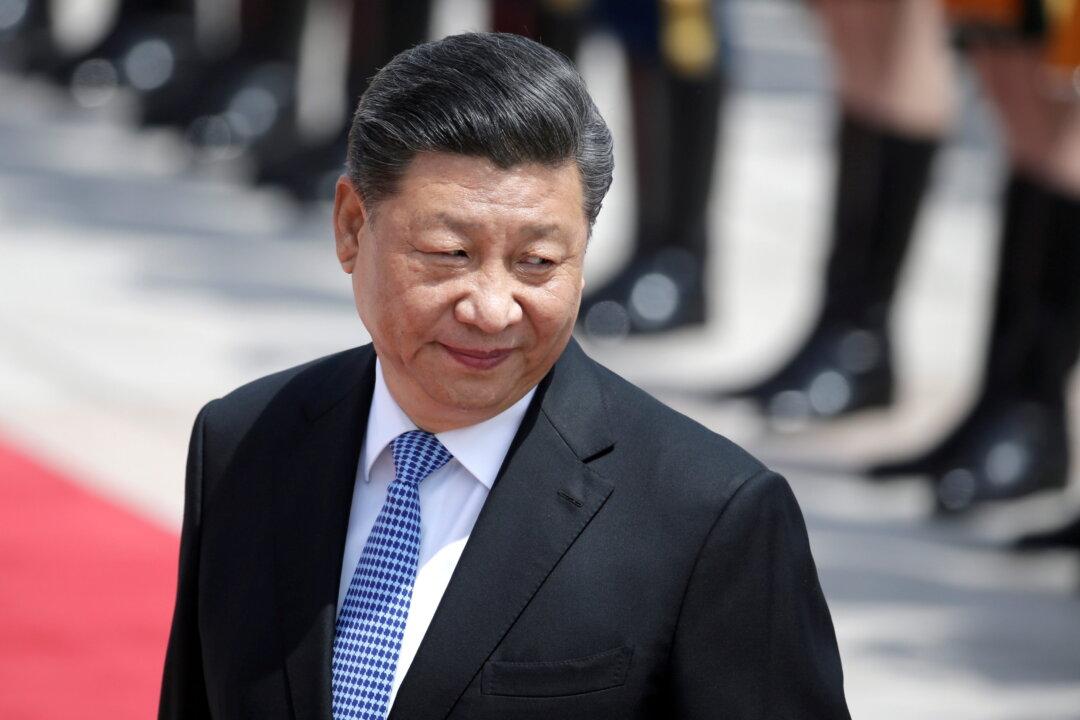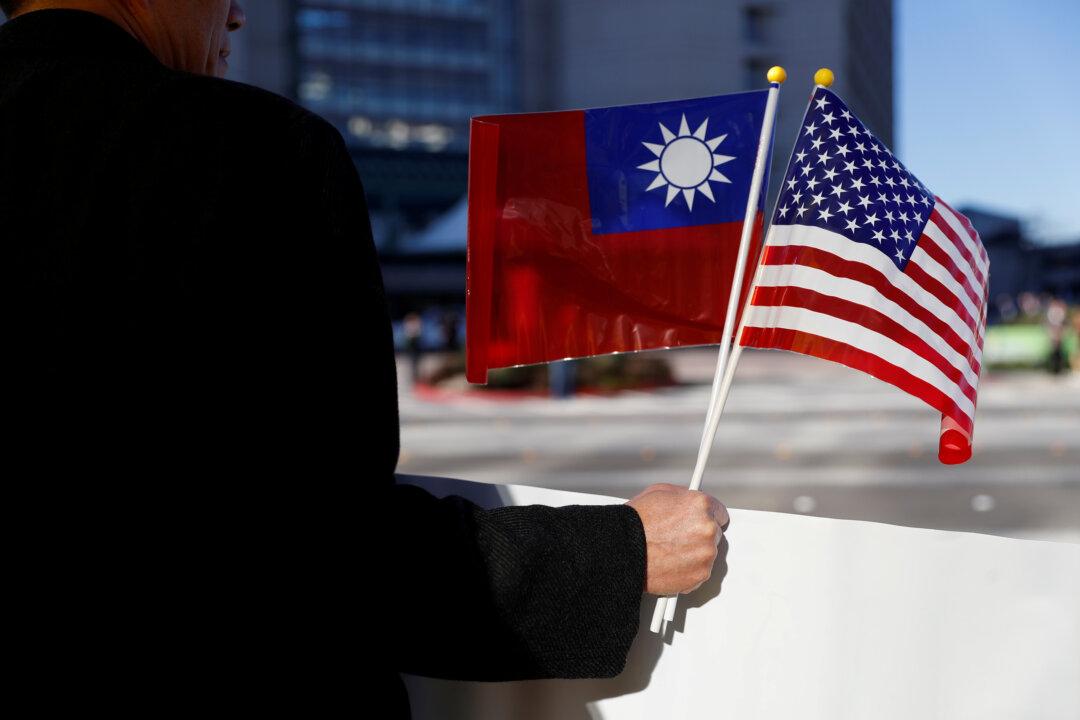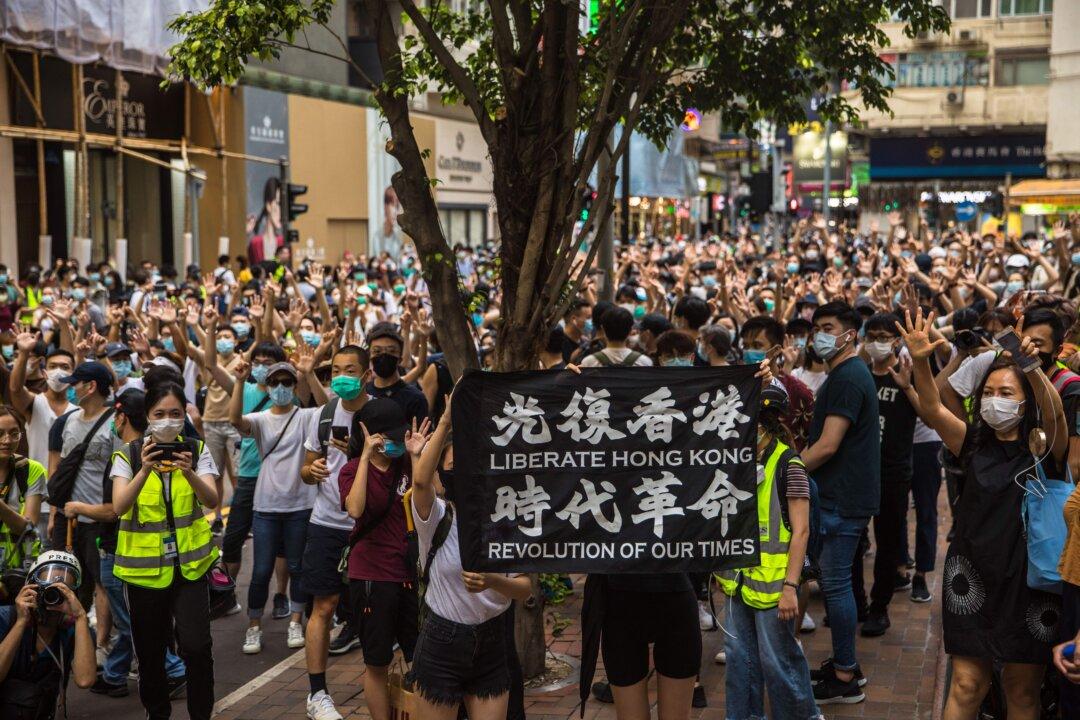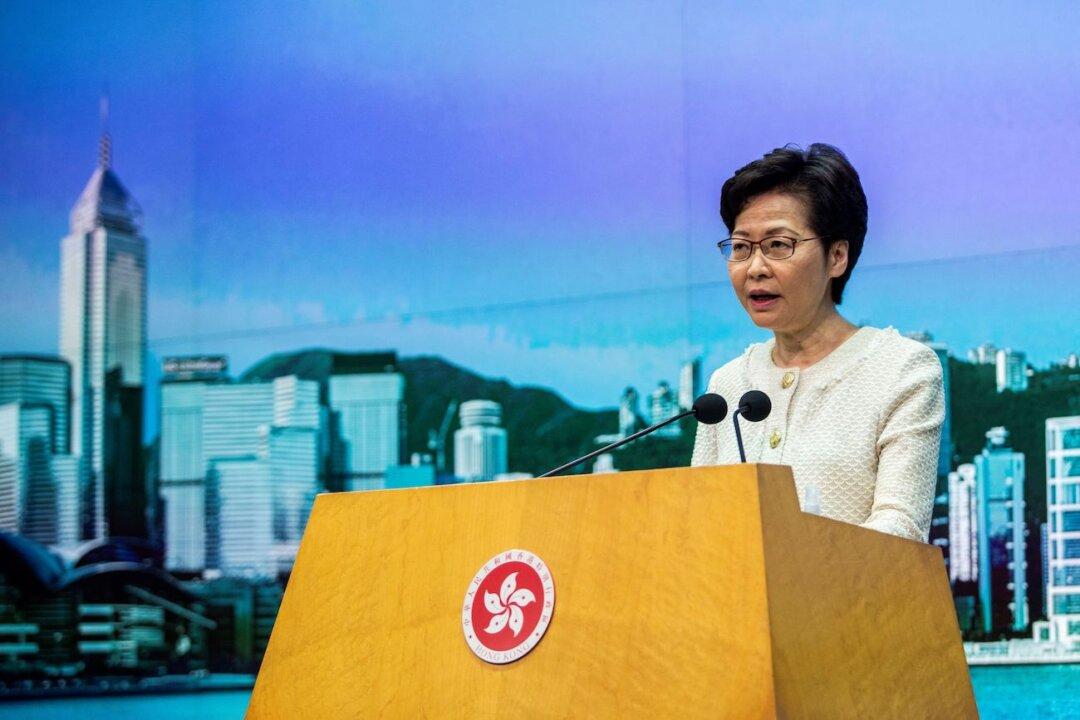Commentary
During a top-level meeting in Beijing in mid-January, Chinese leader Xi Jinping told officials that “time and momentum” are on the Chinese Communist Party (CCP)’s side. But Xi seems overly optimistic. Since he came to power, the CCP’s “time and momentum” has been declining and China has even fallen back to the time of the Cultural Revolution. The relationship between the United States and China has never been as bad as it is today; and the CCP has never been as isolated from the international community as it is today.
